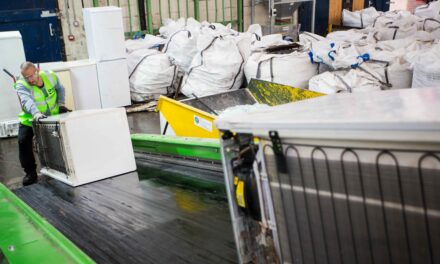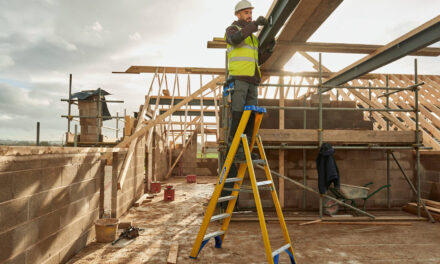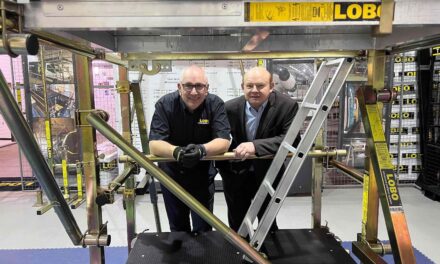With the DHF initiative, ‘Gate Safety Week’, now well underway, the trade association is urging industry to be aware of its responsibilities in ensuring that all gates are safe for use.
The appeal follows the recent death of a 49-year-old tradesman, when a timber gate fell on him at a residential address in Lincolnshire on 9 March. Gate Safety Week, which takes place each October and will be taking place this year from 9th – 15th, is the climax to a long period of activity designed to raise gate safety standards and has centred its safety campaign primarily around automated gates.
But as chief executive, Bob Perry explained, it is vital that all gates are structurally sound, regularly maintained and inspected for safety on a regular basis. “This is a tragic case and a further example of the dangers associated with all gates, whether they be automated or not. Structural failure is the cause of the majority of gate accidents, so it is essential that the highest standards of safety are maintained. The responsibility for gate safety lies with gate manufacturers, installers, owners, repairers and maintainers and this tragic accident is a further reminder of the fundamental need for regular inspection and testing of all gate installations. This year’s ‘Gate Safety Week’ campaign – an all year-round initiative – will once again highlight this key message.”
Now in its fourth year, ‘Gate Safety Week’ was launched by DHF to educate both the public and industry professionals on the dangers of poor installation and maintenance, as well as how to spot an unsafe gate and how to report it. With this year’s appeal that ‘Safe gates Save Lives’, the campaign is growing progressively, with key organisations such as NSI, HSE, The British Safety Council and Gate Safe, backing the organisation’s on-going drive for best practice and higher standards across the industry.
Automated gates are becoming a more common sight than ever, but the safety statistics are extremely worrying. In the past 11 years alone, nine people have been killed in accidents caused by badly installed and poorly maintained automated gates and barriers in the UK and Ireland. And most alarmingly, it is estimated that a mere 30% of the 500,000 automated gates currently in service in the UK are fit for purpose.







